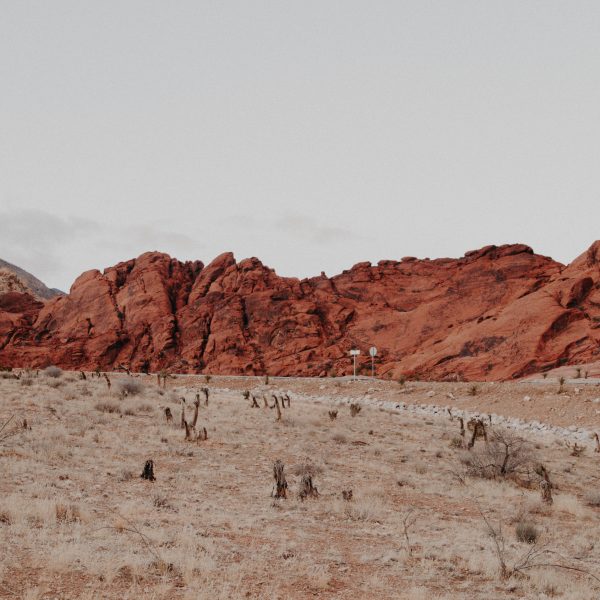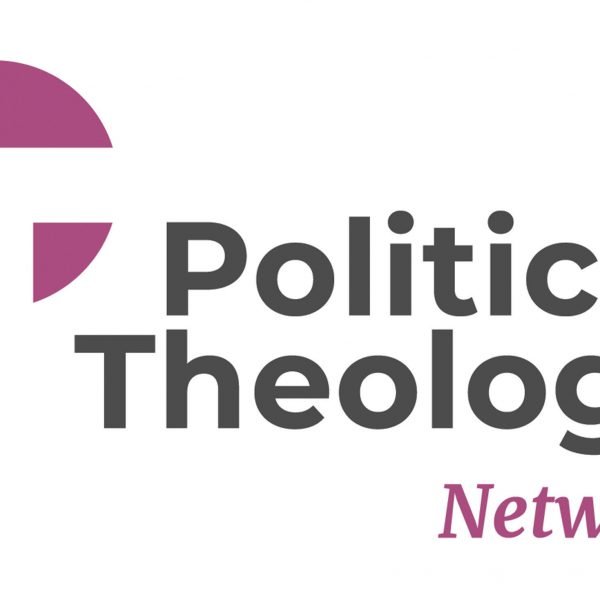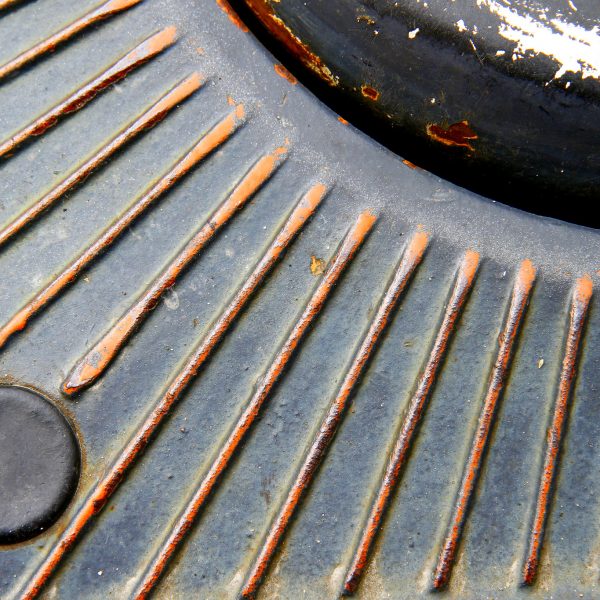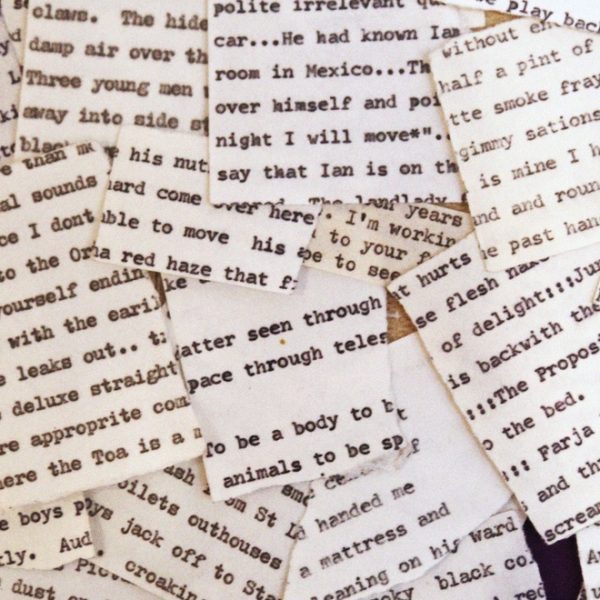
According to Burroughs and Gysin, the power of language was the thing. There was something queer, indeed, about the capacity of any language to channel all manner of patterns and directives that had nothing, essentially, to do with the words that comprised that language.
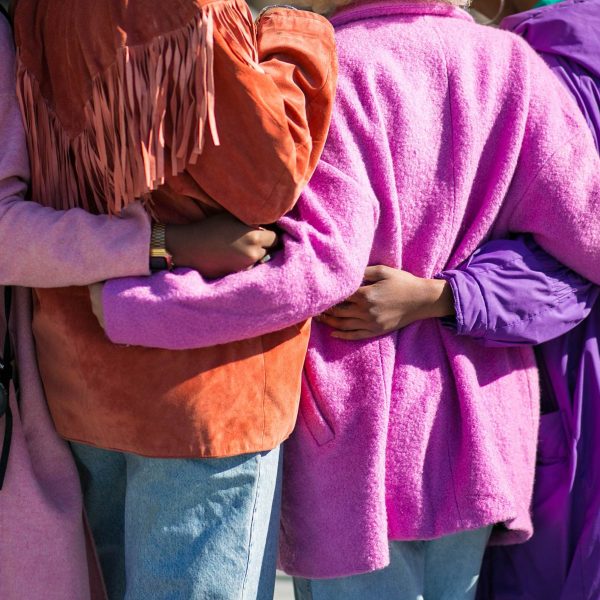
The tendencies of any group of human beings to normalize power and hide harm are themselves, then, subject to the process Matthew’s gospel is describing. The frankness of communication, of subsidiarity mediation and conflict negotiation, the expectation of honest and mutual accountability described here should also be applied, as healthily and faithfully as possible, to the workings of authority, relationship, and power system within the community.
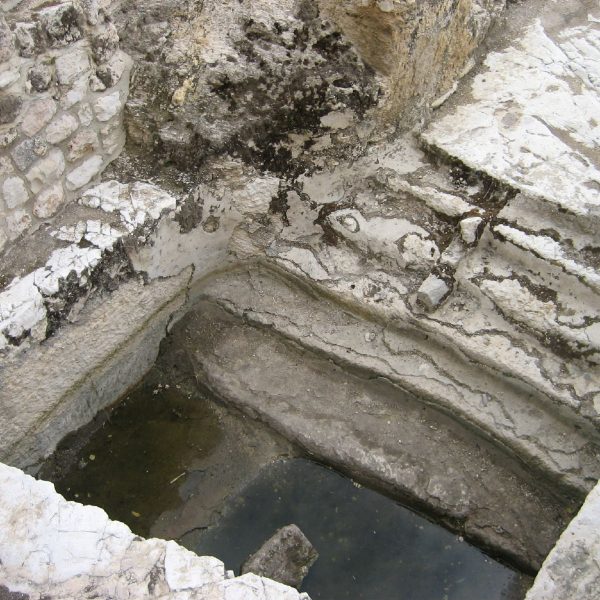
Given the history of othering and control of women’s bodies, it may surprise you to learn that the mikveh has become a central site of Jewish feminist, and more recently, queer and trans activism. Across the United States, Canada, and Israel, participants in a grassroots Modern Mikveh Movement have been collectively reclaiming what many have considered to be among the most irredeemable misogynistic forms of bodily disciplining.

Stiegler argues that capitalism has now reached its limits and that the future of the planet in what he calls ‘control societies’ echoing Deleuze is open to question.

The God present in the book of Jonah is a God who never gives up hope on anyone, even those who have perpetrated the worst evils. Also, the God present here is a God who demands that we repent thoroughly, completely, and without reservation. This is not a cheap reconciliation, but a very costly one indeed.

Life after violence and profound loss requires that we find ways to hold and contain that pain. Relics help us do this. As we wrap them in our words, craft beautiful containers, or place them in vitrines, we keep these memories alive. We acknowledge and respect their ongoing presence in our lives.
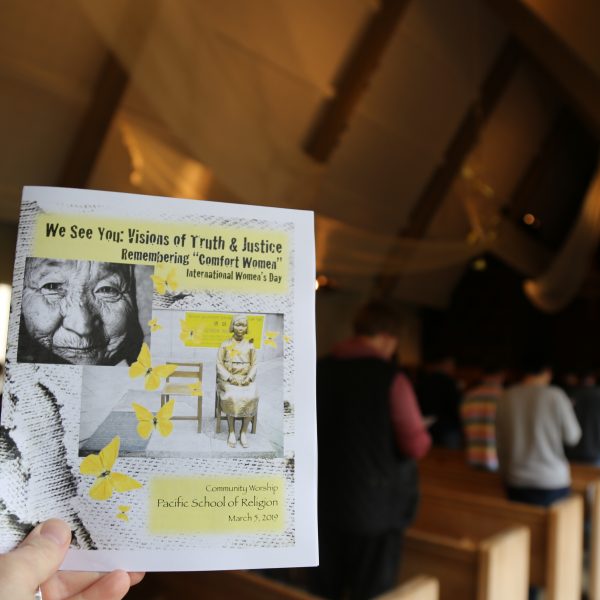
These protests, the victims’ testimony, and the courage of survivors remind us that it is time to turn off the powerful sound of the perpetrators’ dominant voices and tune in to the voices of the oppressed.

During this global pandemic, a theological imagination contributes to helping us draw on a public health approach to our security strategies and shift focus to a just peace framework.
